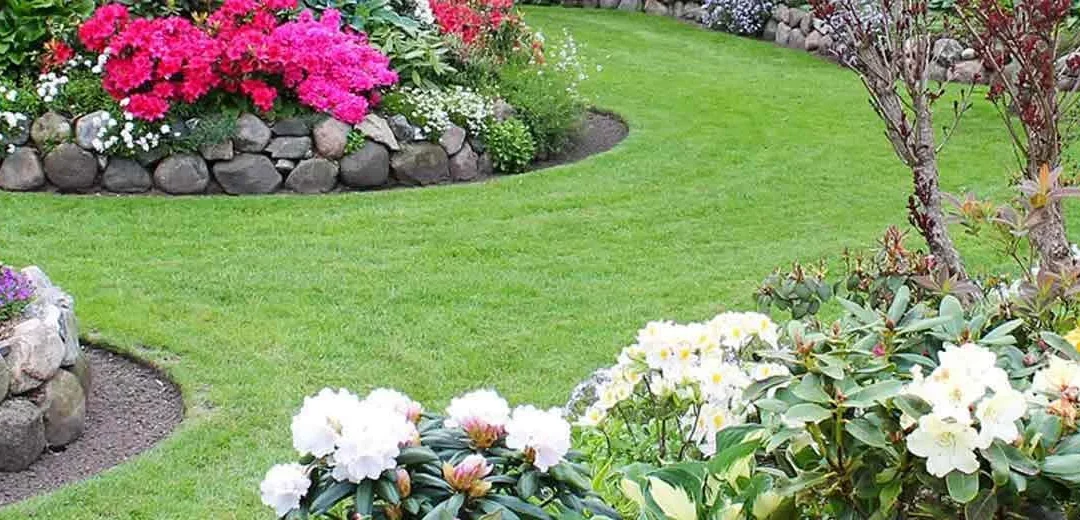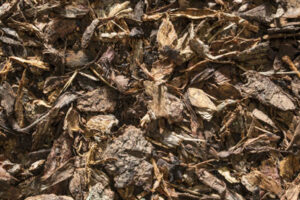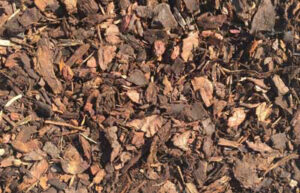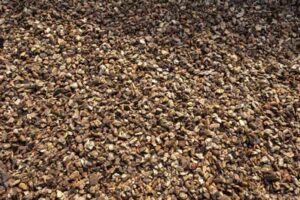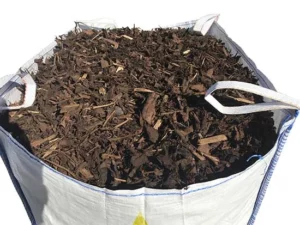Gardening enthusiasts and seasoned horticulturists alike have long recognized the value of mulching in their gardens. Mulch, typically composed of organic materials like wood chips, straw, leaves, or compost, is spread over the soil surface, offering a plethora of benefits that contribute to the overall health and beauty of your garden.
Whether you are a novice gardener or a green-thumbed expert, understanding the advantages of mulching will undoubtedly encourage you to incorporate this simple yet effective practice into your gardening routine.
1. Moisture Retention
One of the primary benefits of using mulch is its ability to conserve moisture in the soil. By creating a protective layer on the soil surface, mulch helps to slow down evaporation, preventing water loss during hot and dry periods.
This consistent moisture supply is especially beneficial for young plants, delicate seedlings, and shallow-rooted plants, ensuring their survival and promoting healthy growth.
2. Weed Suppression
Unwanted weeds are the bane of every gardener’s existence. Fortunately, mulch acts as a natural weed suppressant by blocking sunlight and hindering weed germination. As a result, you’ll spend less time pulling weeds, allowing you to focus on nurturing your cherished plants and flowers.
3. Soil Temperature Regulation
Mulch acts as a natural insulator, moderating soil temperatures throughout the year. During the scorching summer months, it helps to keep the soil cooler, protecting the roots of plants from heat stress.
Similarly, during colder seasons, mulch provides a barrier against extreme cold temperatures, safeguarding the roots from potential frost damage.
4. Soil Enrichment
As organic mulch breaks down over time, it decomposes and adds valuable nutrients to the soil. This natural process enriches the soil with essential elements, enhancing its fertility and overall health. Moreover, as the mulch decomposes, it encourages beneficial microorganisms to thrive, creating a robust and balanced ecosystem in your garden.
5. Erosion Prevention
In areas prone to soil erosion, mulch can be a saviour. The layer of mulch acts as a buffer against heavy rains and strong winds, reducing the impact of water runoff and preventing the soil from washing away. This is particularly important on sloped landscapes where erosion can be a significant concern.
6. Enhanced Aesthetic Appeal
Mulch not only serves practical purposes but also contributes to the overall beauty of your garden. It provides a cohesive look, creating a well-maintained and polished appearance. With various types and colors of mulch available, you can customise the aesthetics to suit your garden’s style and theme.
7. Disease Prevention
Some mulch materials, like pine and spruce, possess natural properties that can help repel certain pests and fungi, contributing to disease prevention. Additionally, by reducing soil compaction, mulch improves air circulation, minimising the risk of root rot and other moisture-related issues.
In conclusion, mulching is an indispensable practice that offers a multitude of benefits for your garden. By retaining moisture, suppressing weeds, regulating soil temperature, enriching the soil, preventing erosion, enhancing the garden’s aesthetics, and promoting disease prevention, mulch becomes a valuable ally in maintaining a thriving and flourishing garden. So, don’t hesitate to embrace the power of mulch and witness the remarkable transformation it brings to your gardening endeavours.

